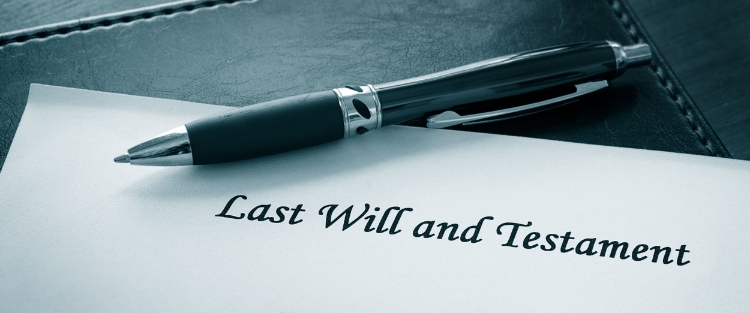Planning is essential in a successful 1031 exchange, but there are some things you just can’t plan for, such as the death of a taxpayer during a 1031 exchange. This is a situation few anticipate or prepare for. So what happens to a 1031 exchange if the taxpayer doing the exchange dies in the middle of the process? In this article, we are going to discuss the appropriate course of action if a taxpayer dies during the course of a 1031 exchange.
Option 1 – Let the 1031 Exchange Fail
Your first option is to let the 1031 exchange fail. In this scenario, you would not move your sales proceeds into a like-kind replacement property. Instead, you would sell the relinquished property, pay the required capital gains taxes, and return the remaining proceeds to the deceased taxpayer’s estate. This is certainly a viable option, but a very tax inefficient one, at that.
Option 2 – Continue the 1031 Exchange
The more tax-efficient option is to continue the exchange on behalf of the deceased. In this scenario, you would roll the net proceeds from the relinquished property into a replacement property of equal or greater value, equity, and debt. This would allow the deceased’s heirs to avoid the capital gains tax bill and keep that money working in a continued investment.
1031 Exchanges in Minnesota
Real estate 1031 exchanges are a great way to keep your money working for you over time by deferring taxes on the sale of real property. However, 1031 exchanges are also highly regulated and you need to meet several requirements in order to complete a successful exchange. That’s where a qualified intermediary comes in. Having a qualified intermediary on your side is the best way to ensure your 1031 exchange is a success. Contact us today at our downtown Minneapolis office to learn more about the 1031 exchange process.
Start Your 1031 Exchange: If you have questions about 1031 exchanges, feel free to call me at 612-643-1031.
Defer the tax. Maximize your gain.
© 2020 Copyright Jeffrey R. Peterson All Rights Reserved




